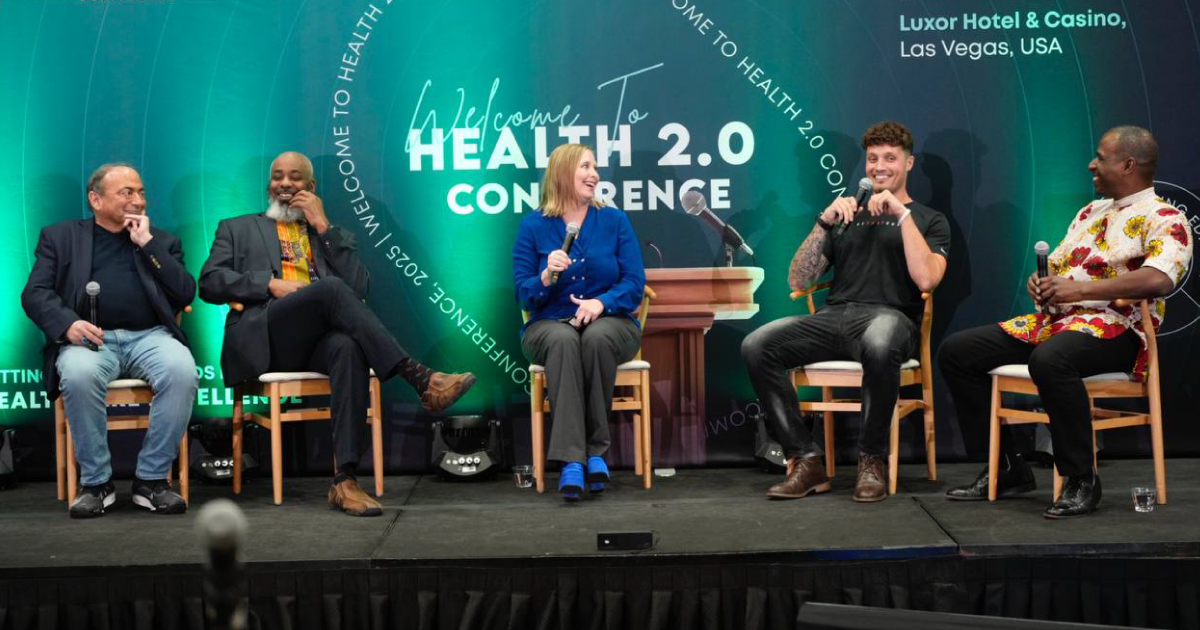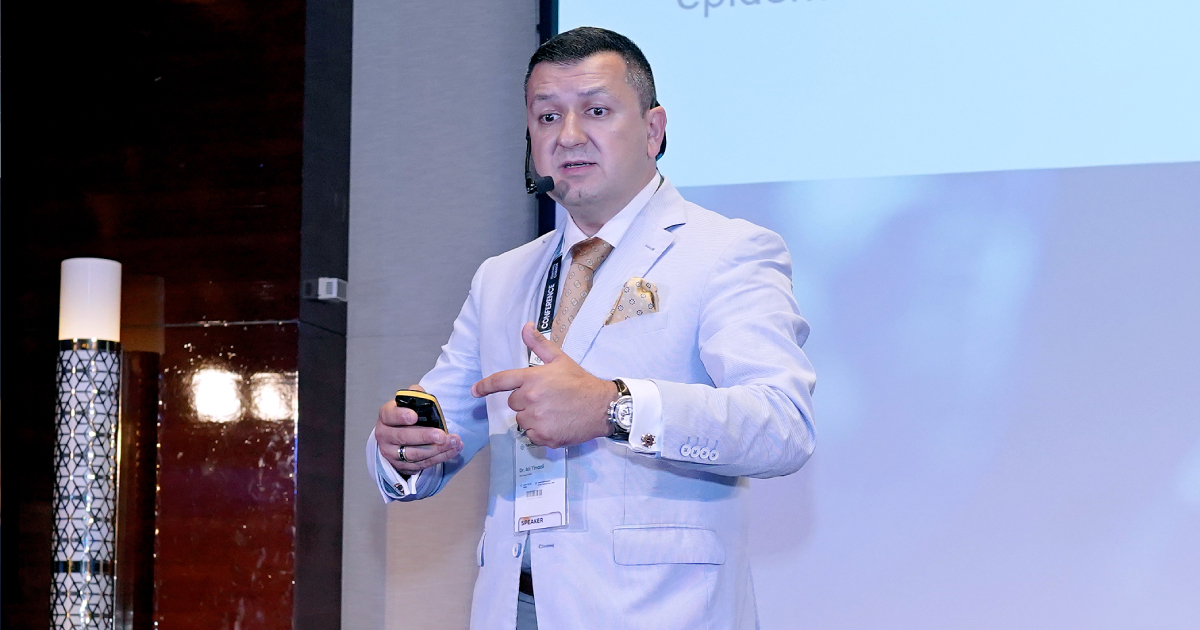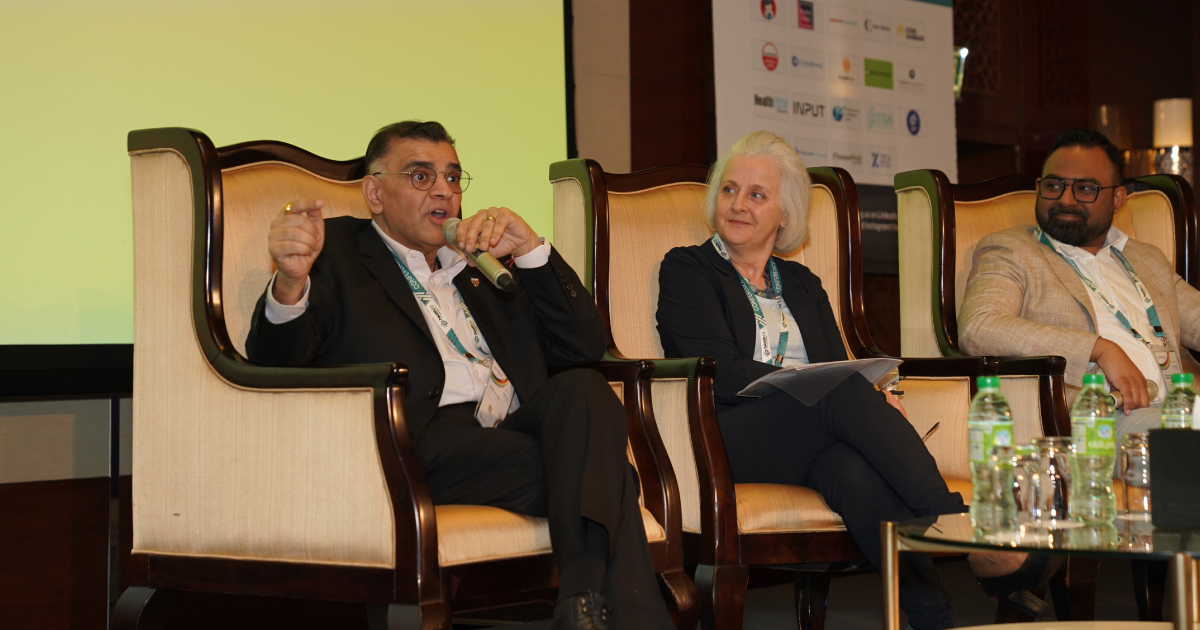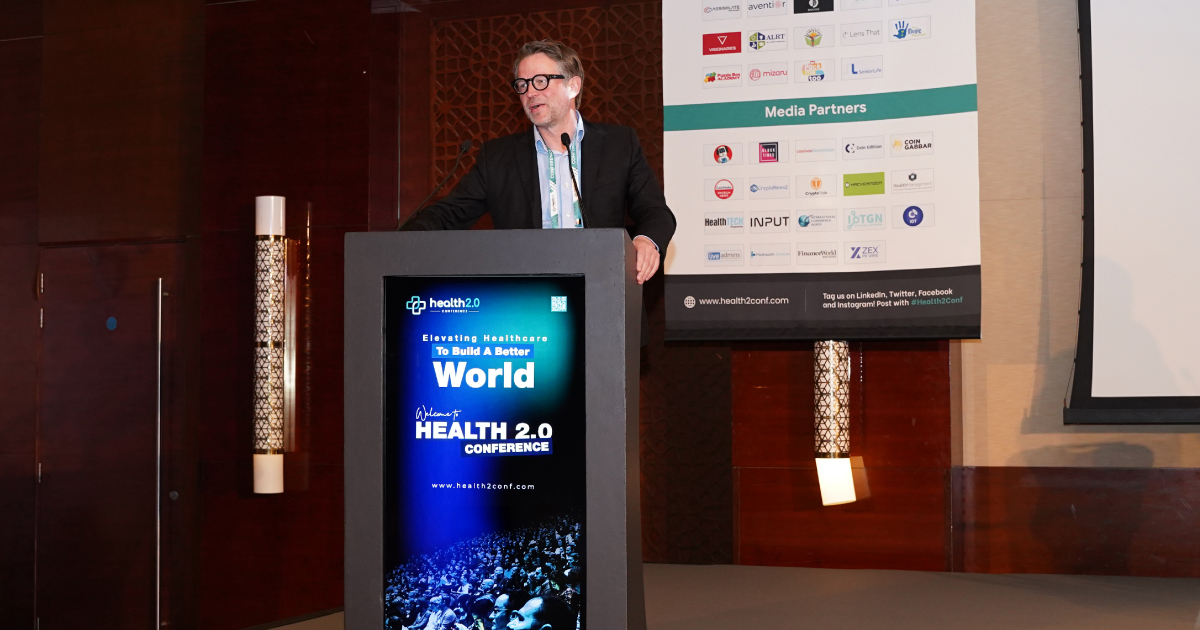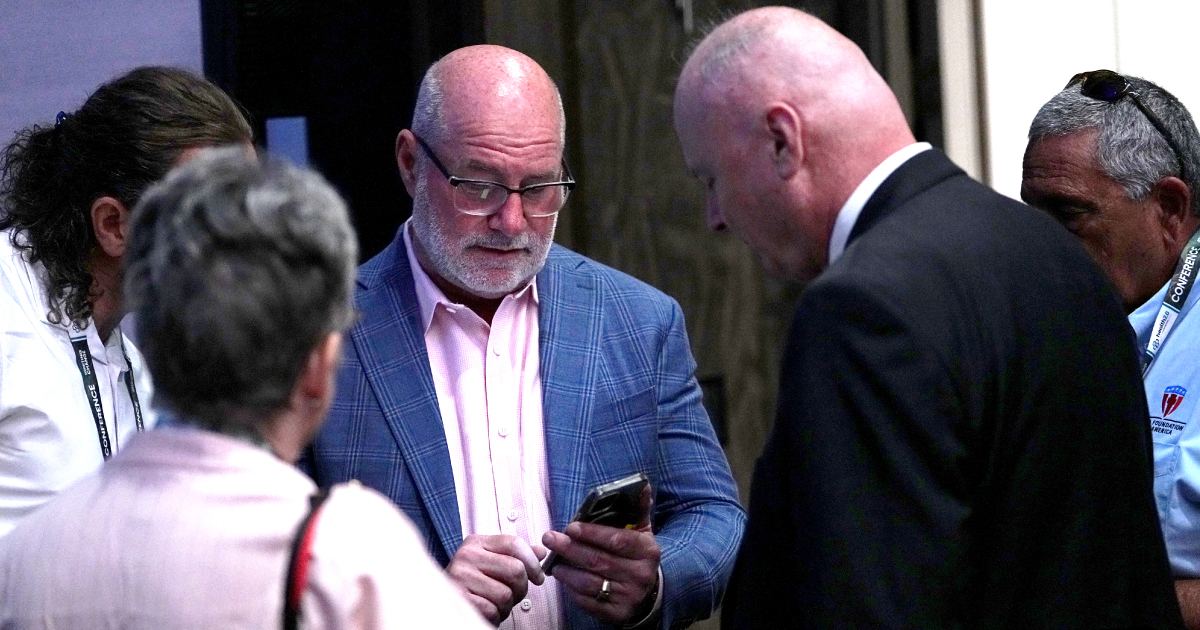In today's ever-evolving healthcare landscape, scams and fraudulent activities have become rather prevalent. Amidst this, one issue stands out as particularly alarming: prescription drug scams. These deceptive schemes not only compromise the well-being of vulnerable patients but also cause financial burdens to payers.
It is imperative to stay informed about these scams and take proactive measures to combat them so that users and staff remain safe. Understanding this, upcoming healthcare conferences have focussed their discussions on spreading awareness about healthcare fraud schemes and their prevention.
In this blog, we delve into the strategies to combat prescription drug scams effectively, safeguarding patients and payers.
Understanding Prescription Drug Scams
Prescription drug scams encompass a wide range of fraudulent activities aimed at exploiting weaknesses in the healthcare system. These scams can take various forms like –
- Counterfeit Drugs
Counterfeit drugs, often marketed as genuine medications, can contain harmful ingredients or incorrect dosages, posing serious health risks to patients.
- Identity Theft
Identity theft involves criminals using stolen personal information to acquire prescription medications, which they then sell for profit.
- Insurance Fraud
Insurance fraud occurs when individuals manipulate insurance claims to obtain prescription drugs they do not need or resell them on the black market.
Health 2.0 Conference experts share that by conducting reviews of the different types of prescription drug scams, patients and payers can better protect themselves against these threats. Below is a quick scan of a drug scam and what patients should do to avoid them.
- Counterfeit Drug Awareness
Recognizing counterfeit drugs is crucial. Patients should be educated on inspecting packaging, checking for proper labeling, and verifying the legitimacy of online pharmacies. What can reduce the risk of receiving fraud drugs? Encouraging them to purchase medications only from licensed pharmacies or reputable sources.
- Secure Data Practices
Protecting personal information is a cornerstone in preventing identity theft. Patients should be educated about safeguarding their medical records, using strong and unique passwords, and being cautious while sharing personal information online or over the phone.
- Insurance Education
Enhancing insurance literacy among patients is essential. Educate patients about their insurance policies, what is covered, and the appropriate procedures for filling prescriptions. By understanding their benefits, patients can detect and report any suspicious activity.
Identifying Red Flags Of Prescription Drug Scams
Detecting potential prescription drug scams early on is vital for intervention and prevention. Both patients and payers need to be vigilant in recognizing the red flags that indicate fraudulent activities. According to the experts of the healthcare events in Dubai, these red flags may include:
- Unsolicited Offers
Keep an eye out for unsolicited drug offers via email, social media, or text messages. Scammers often trap individuals with unbelievably low prices into purchasing counterfeit drugs.
- Pressure To Act Quickly
Scammers frequently create a sense of urgency, pressuring individuals to make hasty decisions. Patients should be cautious if they are pushed to buy medications immediately without sufficient time to verify the source.
- Requests For Personal Information
A common tactic of identity thieves is to request personal information, like insurance details. Patients should never share such information without confirming the legitimacy of the request.
- Unusual Payment Methods
Scammers often ask for payment using unconventional methods like cryptocurrency or wire transfers. Patients should be cautious if a seller refuses to accept standard payment methods or asks for upfront payment before delivering the medication.
- Lack Of Physical Address
Legitimate pharmacies and healthcare providers have a physical address that patients can verify. Patients should be skeptical of online sellers or clinics that only provide a virtual presence and lack verifiable contact information.
Strengthening Legal And Regulatory Measures
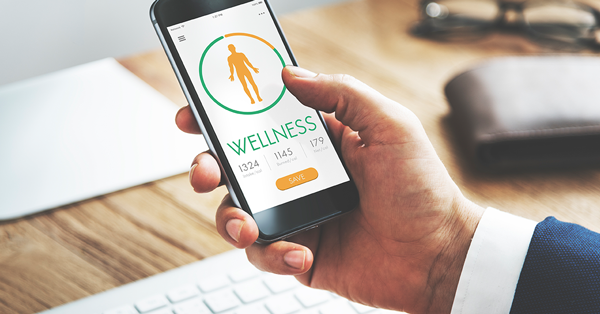
Let’s talk about regulatory and legal frameworks in healthcare. Collaboration between healthcare institutions, law enforcement agencies, and regulatory bodies is essential to ensure that strict measures are taken against scammers. Upcoming healthcare conferences are going to review legitimate ethical measures in detail. Below is a gist of it:
- Pharmacy Licensure
Regulatory authorities must enforce strict licensing requirements for pharmacies, both brick-and-mortar and online. Patients should be educated about the importance of verifying the pharmacy's license before purchasing medications.
- Online Pharmacy Verification
Establishing a central database for verifying online pharmacies can assist patients in identifying legitimate sources. Encouraging patients to check the legitimacy of online pharmacies through such databases can significantly reduce the risk of falling victim to scams.
- Law Enforcement Cooperation
Law enforcement agencies need to collaborate with healthcare institutions to track down and prosecute scammers involved in prescription drug fraud. Reporting suspicious activities to the appropriate authorities is crucial for dismantling these illegal operations.
- Whistleblower Protection
Offering protection to individuals who report prescription drug scams encourages whistleblowers to come forward with valuable information. Whistleblower protection can aid in uncovering larger networks involved in scam activities.
Educating Healthcare Professionals And Patients
Education is a powerful tool in the fight against prescription drug scams. Healthcare professionals and patients must be equipped with the knowledge to identify and prevent fraudulent activities. Healthcare events in Dubai shared legit information about scam and fraud in healthcare. Health 2.0 Conference is a great example of leading medical events that cover such topics.
- Healthcare Provider Training
Healthcare professionals should receive training on recognizing signs of prescription drug scams. They play a key role in identifying patients who might be victims of scams or those who are seeking prescription medications for illicit purposes.
- Patient Education Campaigns
Launching widespread patient education campaigns can help spread awareness about prescription drug scams. Brochures, workshops, and online resources can provide patients with the information they need to protect themselves and make informed decisions.
- Telemedicine Guidelines
With the rise of telemedicine, establishing guidelines for virtual medical consultations is essential. Educating both healthcare providers and patients about secure telehealth practices can minimize the risk of scams in the online medical space.
Health 2.0 Conference Against Prescription Drug Scams
Combating prescription drug scam offenses requires a multifaceted approach. By understanding important steps, everybody can be safer in their healthcare journey.
In 2024, with USA’s healthcare events support, we can successfully navigate the complex landscape of prescription drug scams and emerge victors in this battle against fraud.






